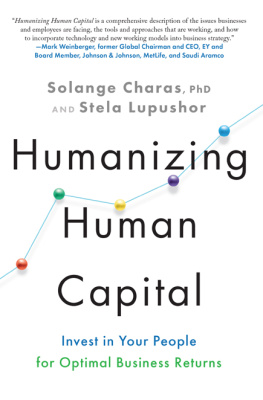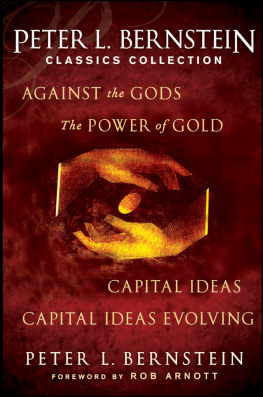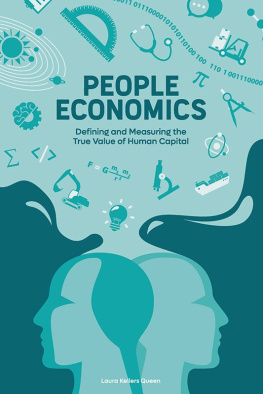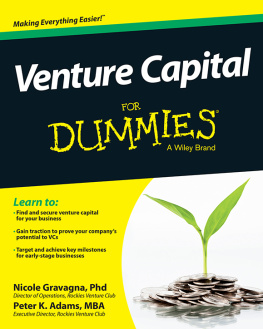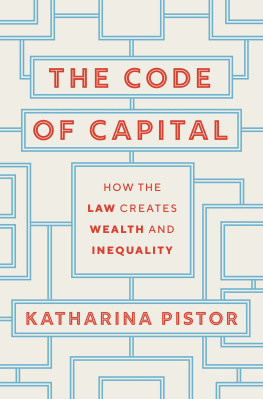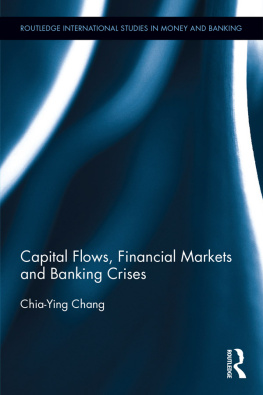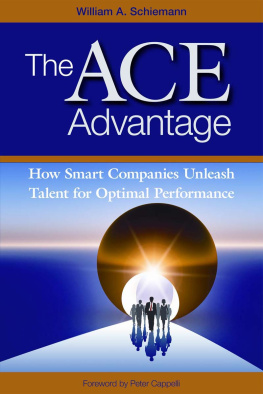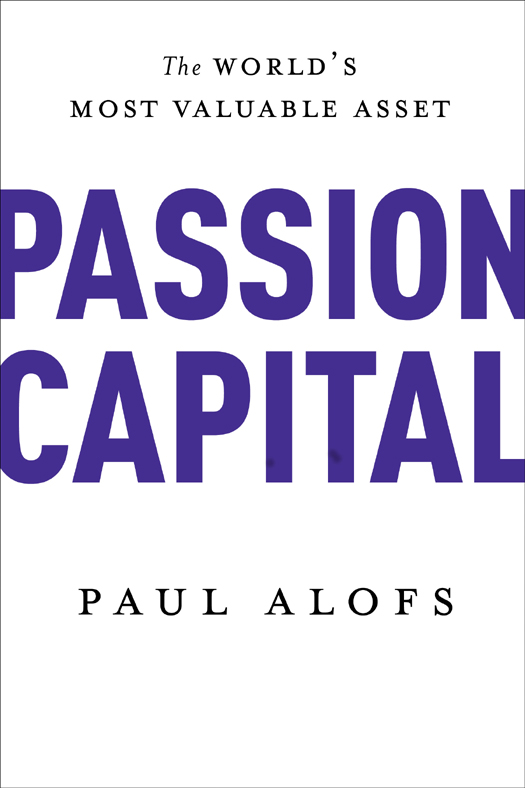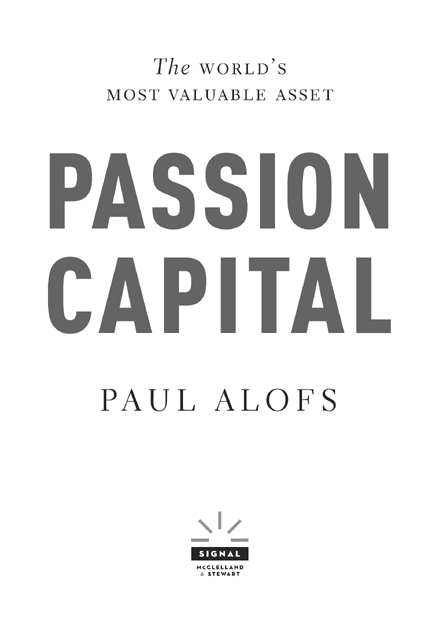Copyright 2012 by Paul Alofs
Signal is an imprint of McClelland & Stewart Ltd.
All rights reserved. The use of any part of this publication reproduced, transmitted in any form or by any means, electronic, mechanical, photocopying, recording, or otherwise, or stored in a retrieval system, without the prior written consent of the publisher or, in case of photocopying or other reprographic copying, a licence from the Canadian Copyright Licensing Agency is an infringement of the copyright law.
Library and Archives Canada Cataloguing in Publication
Alofs, Paul
Passion capital : the worlds most valuable asset / Paul Alofs.
eISBN: 978-0-7710-0749-1
1. Success in business. I. Title.
HF 5386. A 586 2012 650.1 C 2011-907955-0
We acknowledge the financial support of the Government of Canada through the Canada Book Fund and that of the Government of Ontario through the Ontario Media Development Corporations Ontario Book Initiative. We further acknowledge the support of the Canada Council for the Arts and the Ontario Arts Council for our publishing program.
Library of Congress Control Number: 2011945921
McClelland & Stewart Ltd.
75 Sherbourne Street
Toronto, Ontario
M 5 A 2 P 9
www.mcclelland.com
v3.1
This book is dedicated to the late Mrs. Pat Alofs,
who was the original passion capitalist in my life.
CONTENTS
CREED:
The Power of Belief
CULTURE:
Growing Your Beliefs
COURAGE:
The Strength to Take Risks
BRAND:
Your Promise to the World
RESOURCES:
Marshalling and Mastering
STRATEGY:
Planning with Passion
PERSISTENCE:
If at First You Dont Succeed
MANAGEMENT AND LEADERSHIP:
Putting Passion to Work
PREFACE
WE LIVE IN THE GOOGLE WORLD. We can go to Google and instantly get the answer to just about any question.
In the Google world, answers and information are commodities. In a world full of answers, the value resides in asking the right questions.
This book is about a question. That question has to do with the meaning and measure of value. In a world of false prosperity created by easy credit and massive debt, it is difficult to assess what is of value. In this climate of uncertainty, what is truly our most valuable asset? What asset is dependable, investable, and sustainable?
In short, what is the worlds most valuable asset?
This is not just a question to me. It has become a profound obsession. The question is both simple and complex. In lighter moments I call it my beach ball question. Have you ever inflated a beach ball and tried to hold it under water? You cant, at least not for long. Eventually the beach ball springs to the surface. A beach ball question is one you cant hold down.
My research laboratory for answering this question is a career spent in leadership roles in the private sector and the not-for-profit sector. The answer to this question has been shaped by my working in top international companies and for one of the worlds top cancer research hospitals. The observations, stories, and insights are gained from the real world and from a career of significant breadth and depth. They come from both victory and defeat.
I have spent more than twenty years considering this question, and it has taken me two years of challenging work to answer it with this book.
This book is meant to inform and stimulate and to answer the question, What is the worlds most valuable asset? The answer will surprise you.
Passion Capital demonstrates how and why some companies have risen to the top of their sector and others have failed. It explains the fallen fortunes of America and the rising economies of China and India. There are lessons not just for business but for careers, causes, and countries.
This book explains transformation, and it shows you how to embrace this transformation. It explains why passion capital is the worlds most valuable asset and it gives you the tools you need to discover, build, and succeed with passion capital.
Passion Capital explores a brand-new asset class, one that is vital to your success. Read this book and you will never look at your career, company, cause, or country the same way.
INTRODUCTION
ALICE COOPER, SUN TZU, AND
A NEW WORLD ORDER
IT WAS JULY 5, 1991, AND ALICE COOPER was on the roof of the HMV store on Torontos Yonge Street getting ready for his three-song set. He was wearing his horror-film makeup, in character. I was the thirty-five-year-old president of HMV Canada, and a lifelong fan. Cooper talked briefly about his golf game, and I thanked him for his impromptu performance. I was a bit worried wed be shut down; I hadnt applied for a permit for the concert because I knew we wouldnt get one. Below us, thousands of fans were loudly waiting. Beside me, a few employees were throwing down HMV discount coupons attached to two-dollar bills. It looked like a thunderstorm was approaching from the west. Alice wrapped up his golf conversation and tore into his first song, Under My Wheels. The crowd went wild, and for fifteen minutes Yonge Street was jammed by good-natured civil disobedience.
Coopers performance confirmed that our flagship store was a success. Wed been open for only two months, but we sold more CDs on opening day than we had projected for our first week. It was also a personal validation for me. HMV was a successful music retailer in England, and the Yonge Street store was the beginning of its expansion across Canada and into other international markets. The opening of this store was critical to the chain, and critical to my career.
One of my worries was that I had no experience in retail management. I had come from an enterprise called Electronic Marketing Systems that was visionary in its product but confused in its technology. As a result it was a colossal failure. At the time, Canada was one of the most densely saturated retail music markets in the world, and Yonge Street was the epicentre of the national industry. Steps away were the two kings of record retailing, Sam the Record Man, owned by the venerable Sam Sniderman, and the flagship store of a solid, well-managed chain, A&A Records. Across the street was Sunrise Records. In the Eaton Centre, which Alice Cooper could see from the HMV roof, were a few more record stores. We were number six in a market with six major retailers.
HMV didnt want to find a place in this market. It wanted to conquer it, as unlikely as that seemed. I had been given the task.
The first thing I did when I joined the company was buy a copy of Sun Tzus The Art of War. One of the lessons in that book is: Pretend to be weak. So I already had an advantage: the competition already thought I was weak. Sam Sniderman had told the press that I didnt know what I was doing and both the store and I would be gone in a year.
In any battle it is imperative to know your enemy. Sam the Record Man was a local legend. It was three storeys of sloping floors and eclectic product, a maze of record bins. It tended to be staffed by band members who expressed contempt if you didnt know the guitar tuning on the second cut of side two of an early Ry Cooder album. It was a place for aficionados. A&A was more corporate, better organized, less idiosyncratic. Between these two poles there didnt seem to be much territory left to occupy. Early on I identified my chief competitors respective strengths and weaknesses. I recognized the managerial strength of A&A and hired away their manager. (


